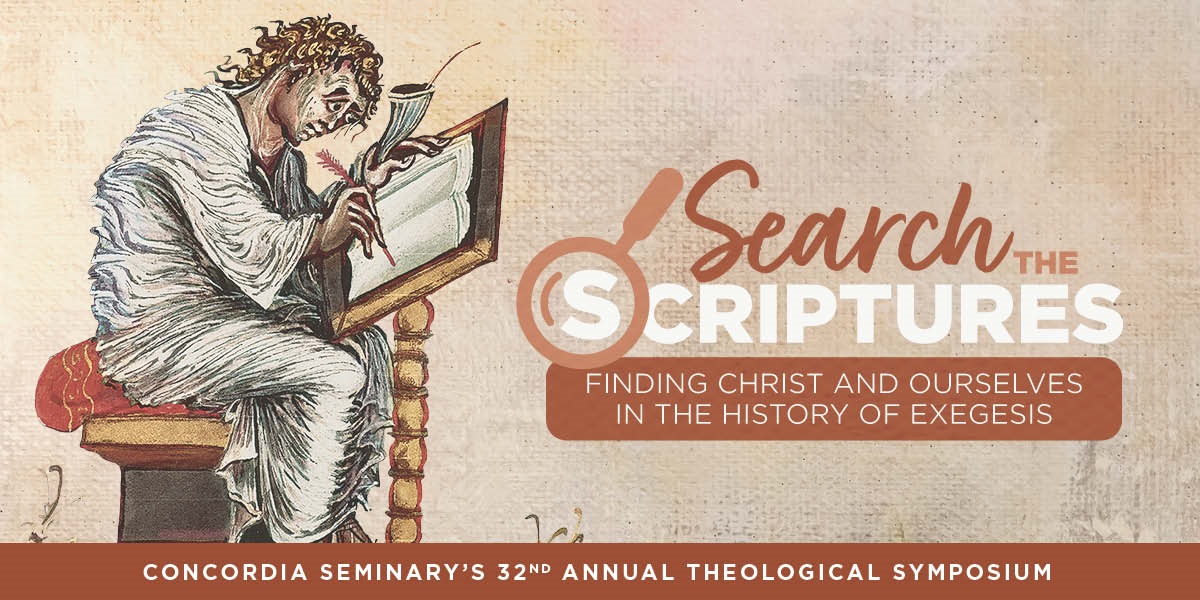Loading...
Start Date
20-9-2022 3:15 PM
End Date
20-9-2022 4:00 PM
Keywords
2022 theological symposium, intertextuality, irenaeus, clement of alexandria, augustine, early church fathers, jerome, intertextuality
Description
In contrast with modern Christian teaching and preaching, the church fathers had a general predilection to cite Ps. 82:6, “I said, You are gods, sons of the Most High, all of you.” The first six centuries of the Christian exegetical tradition evidence about 300 citations of the passage, fairly evenly divided between Greek and Latin sources. The accompanying interpretations varied. The named “gods” may be identified as angels or humans, as judges or priests or prophets or all the godly or even all Christians, as those in the past or the present or the future. Alongside this diversity of thought, what is striking is the way that Origen anticipated so much of the tradition that followed. Writing in the first half of the third century, this early father, later deemed to be of questionable orthodoxy, held an oversized influence over what was to follow. But is this phenomenon indeed a consequence of influence or simply of one author boldly spinning out the full potential intertextual logic of the Scriptures themselves? In some instances we might go so far as to trace a lineage of teachers and students. In others, we might simply posit that similar circumstances and similar concerns gave rise to similar applications of the text.
Submission Type
Bible Study; Lecture; Sermon Prep
Submission Topics
Ecclesiology (The Church); Education; Literature and Art; Practical Theology; Preaching and Teaching; Scripture Interpretation; Sin; Worship
Scripture References in this Resource (separated by semi-colons)
Psalm 82:6; Matthew 26:24; Genesis 6:1-4; Exodus 4:22; Exodus 7:1; Exodus 22:28; Psalm 50:1; Psalm 4:2; 1 Corinthians 3:3; Psalm 96:5; Psalm 95:3; Exodus 3:6; 1 Corinthians 3:3-4; Romans 8:15; John 1:12; John 1:12; 1 Corinthians 8:5-6; Ezekiel 18:4, 20; Isaiah 1:2; Psalm 136:2; Psalm 116:11;
Submission Audience
Laity; Ministers; Scholars
Submission Cost
Free
Origen’s Exegetical Legacy
In contrast with modern Christian teaching and preaching, the church fathers had a general predilection to cite Ps. 82:6, “I said, You are gods, sons of the Most High, all of you.” The first six centuries of the Christian exegetical tradition evidence about 300 citations of the passage, fairly evenly divided between Greek and Latin sources. The accompanying interpretations varied. The named “gods” may be identified as angels or humans, as judges or priests or prophets or all the godly or even all Christians, as those in the past or the present or the future. Alongside this diversity of thought, what is striking is the way that Origen anticipated so much of the tradition that followed. Writing in the first half of the third century, this early father, later deemed to be of questionable orthodoxy, held an oversized influence over what was to follow. But is this phenomenon indeed a consequence of influence or simply of one author boldly spinning out the full potential intertextual logic of the Scriptures themselves? In some instances we might go so far as to trace a lineage of teachers and students. In others, we might simply posit that similar circumstances and similar concerns gave rise to similar applications of the text.


